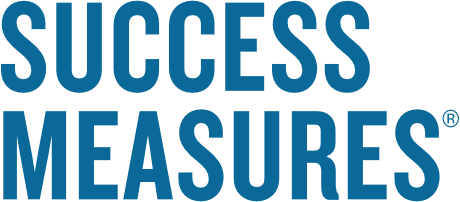GEO (Grantmakers for Effective Organizations) released a new resource, “Community-Driven Philanthropy: Participation, Partnership and Power” to provide grantmakers with the tools for advancing community-driven practices. Success Measures contributed and shared feedback based on our past learnings and experience in serving communities and philanthropy.
Jessica Mulcahy, Senior Director, Success Measures Philanthropic Evaluation strategies contributed some key insights referenced in the publication:
“Embracing community-driven forms of learning and evaluation offers opportunities to develop structures that incorporate context, embrace diverse communication methods and collaboratively define success with communities. Jessica Mulcahy, senior director of philanthropic evaluation strategies at Success Measures describes a ‘continuum that exists between traditional third-party evaluation focused on a question defined by a foundation or researcher and more participatory and collaborative community-centered methods,’ noting that responsive evaluators shape evaluation processes along this continuum by listening to a full range of voices within the organization, project focus or community.”
She also highlighted the practices and data organizations already have in place to deepen their understandings of understand participants and community change.
“Jessica Mulcahy of Success Measures points out the usefulness of practices that are already in place in many organizations: ‘Valuable data exist as natural artifacts of the work organizations do. Some of this can be repurposed to help funders understand change in the community or among participants. For example, interviews and conversations with participants yield qualitative data, and even grantee responses to well-crafted, simple report questions can play a useful role. Themes and insights can be systematically drawn from the notes of these efforts and provide valuable insights to funders.’”
You can delve into the full piece to learn more through the examples from the GEO community that showcase the benefits and approaches to shift towards community-driven philanthropy by reading the publication from GEO’s webpage. Jessica’s contributions can be found respectively on pages 70 and 72.
